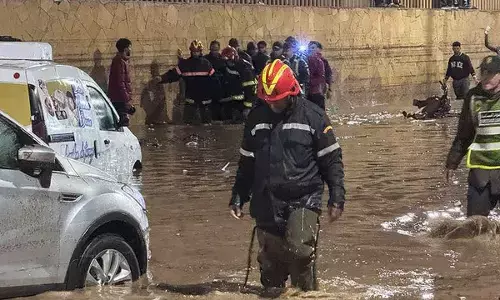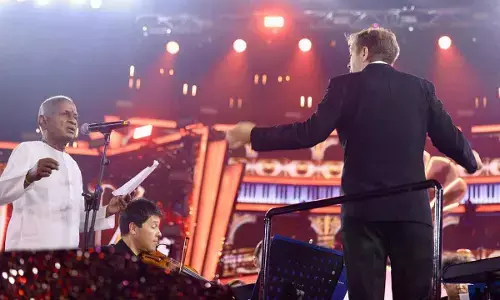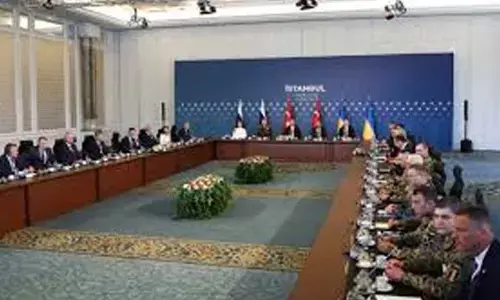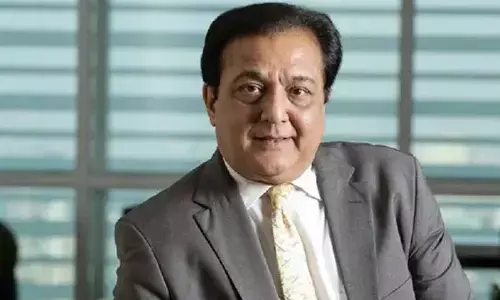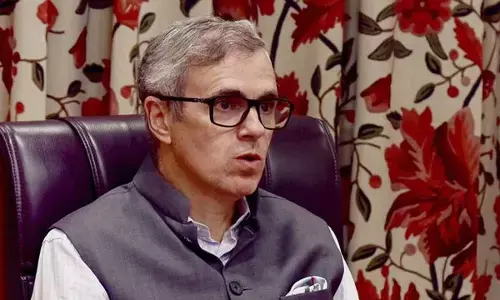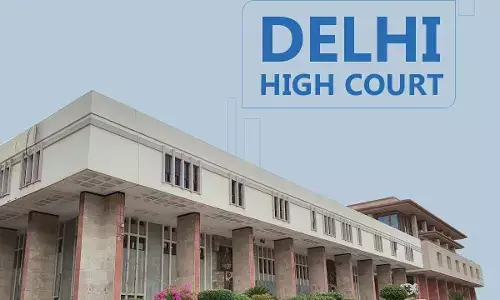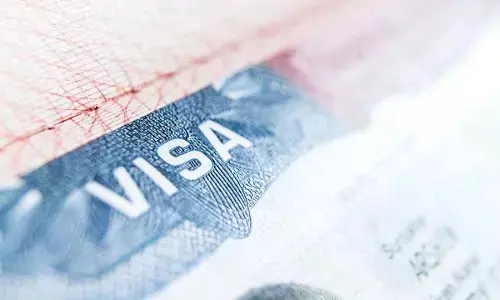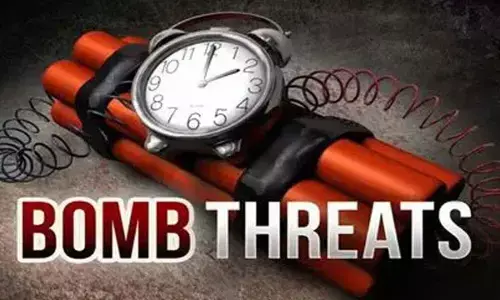Intolerance to inaction on climate change: Modi can make a difference
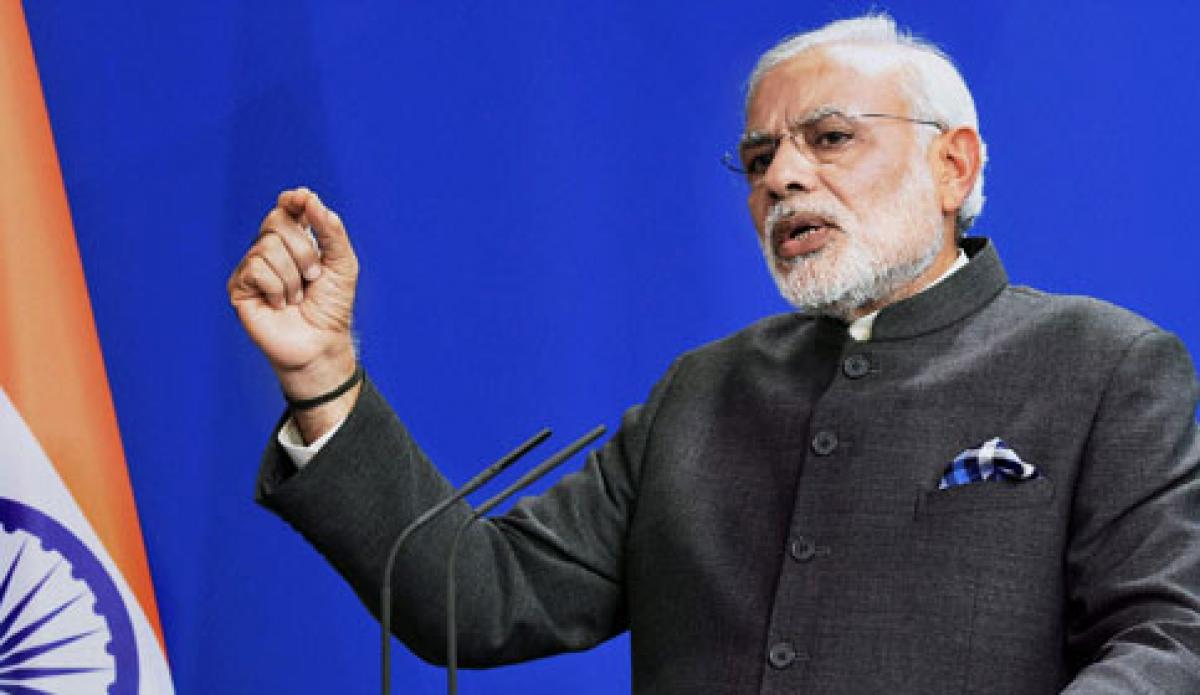
US President Barack Obama made his emblematic statement at the G20 summit in Turkey on November 15 that the Paris attacks were an \"attack on civilized world. If left unchecked, these terrorists could pose a growing threat beyond that region
.jpg) US President Barack Obama made his emblematic statement at the G20 summit in Turkey on November 15 that the Paris attacks were an "attack on civilized world. If left unchecked, these terrorists could pose a growing threat beyond that region, including to the United States". The attacks overshadowed the G20 summit as they will the Paris climate change talks two weeks from now. However, if the climate summit ends without any legally binding and ambitious treaty, the global community would certainly repeat President Obama's statement, albeit replacing the word "terrorism" with "climate change".
US President Barack Obama made his emblematic statement at the G20 summit in Turkey on November 15 that the Paris attacks were an "attack on civilized world. If left unchecked, these terrorists could pose a growing threat beyond that region, including to the United States". The attacks overshadowed the G20 summit as they will the Paris climate change talks two weeks from now. However, if the climate summit ends without any legally binding and ambitious treaty, the global community would certainly repeat President Obama's statement, albeit replacing the word "terrorism" with "climate change".Minutes after Prime Minister Narendra Modi addressed the 60,000-strong audience at London's Wembley stadium, terrorists struck in Paris, just across the English Channel with deadly bombs and gunfire. Modi, in his speech, had said: "It is the responsibility of every human living in this world to fight global warming and terrorism...India will show the world the path to fight both."
While the climate messiah, former US vice president Al Gore, has described global warming as "inconvenient truth", Modi has demonstrated, when he was chief minister of Gujarat, by implementing ambitious renewable energy projects there, that the mitigation of global warming is in fact a "convenient action".
The convenient action was however lacking in the informal meeting of the 62 ministers, hosted by French government, in Paris November 8-10. The objective was to avail the final opportunity before the Paris summit to bridge the nagging gaps in the negotiating debates. When the meeting ended, the inconvenient truth seems to have emerged that there are very few items of agreement among the participants. It started emerging that legally binding targets would not be decided in Paris but over the years that would follow. The last high-level opportunity to converge on certain seminal issues seem to have been lost. The political momentum, particularly in committing to ambitious targets, fairness in delivering climate justice, post-2020 financing for the developing countries and pre-2020 action by the developed countries, has been frittered away.
A day after start of that meeting, the World Meteorological Organization (WMO), which monitors global warming, signaled the crying need of action on climate change. "The amount of greenhouse gases in the atmosphere reached yet another new record high in 2014...In spring 2015, the global average concentration of CO2 crossed the 400 parts per million (ppm) barrier," it declared.
Thus, levels of 400 ppm will now be the new "normal" that the world has to live with. At such rising rate, the CO2 levels in the atmosphere will reach to the level of 1200 ppm by end of this century. And, the global thermometer will show an average temperature rise of about 5 degrees Celsius - against the aimed figure of 2 degrees Celsius.
Sadly, he process of negotiating the treaty in Paris has now become "business-as-usual" diplomacy. Its success elements could include "agreement on continuing post-2015 negotiations" on all major issues of financing and the emission reduction targets.
Modi stands to make difference at this crucial juncture. He had, in the past, conveyed to the world that two most formidable challenges today are terrorism and climate change. India is now being hailed globally as genuine player in addressing climate change, mainly due to its thoughtful INDCs and steps already taken in the area of energy efficiency, renewable energy and forestry. It has acquired a legitimate position by declaring that India is not part of the problem but would like to be part of the solution.
As the leader of the world's largest democracy and a proponent of inclusive development, Modi knows well that addressing climate change means using clean energy that would reduce air pollution - thereby reducing 1.4 million premature deaths in India. It means enhancing renewable energy generation that would reduce energy-poverty and provide electricity to the remaining 80,000 villages of India. It means deploying sustainable agricultural practices for farmers to conserve water and quality of soil, increase their income and reduce their suicides. It means increasing energy efficiency of the air conditioners by us of non-HFC refrigerants to reduce the peak loads during the summer and subsequent power blackouts. It means reducing poverty - the key sustainable development goal in post-2015 era.
Modi has convinced the world on International Yoga Day. Can he convince the world to be intolerant towards inaction on climate change? The G20 leaders observed a minute of silence to remember victims of the Paris attacks. Would Modi lead a minute of silence at the Paris climate summit if the world leaders do not agree on an ambitious and legally binding treaty in the December of 2015? Yoga teaches us to be tolerant, but not towards terrorism and inaction on climate change.
By Rajendra Shende
(The author, IIT-Alumni, Chairman TERRE Policy Centre and former director of UNEP. The views expressed are personal. He can be contacted at [email protected])
Next Story









